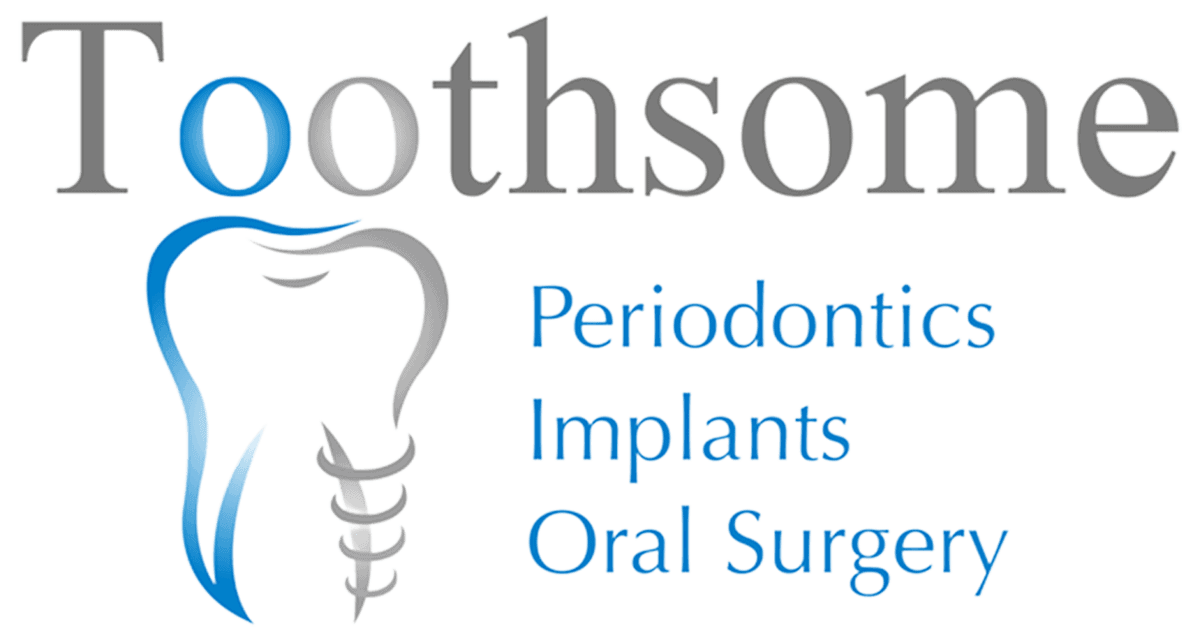
Do you have an inflamed gum wisdom tooth that needs to be removed? If so, you might be feeling frustrated and overwhelmed. Going through the wisdom teeth removal process can seem daunting, but knowing what is involved in the workflow can let you rest assured, knowing it will all go as planned.
Here we’ll discuss everything from identifying your problem to post-surgery care so that nothing is left unanswered when it comes time for the actual procedure. Whether this is your first or fifth time needing dental surgery, you’ll have peace of mind going into this journey, thanks to all the information provided!
What is an Inflamed Gum Wisdom Tooth, and How to Recognise the Symptoms

An inflamed gum, or pericoronitis, due to a partially erupted wisdom tooth can cause a lot of discomfort. When the wisdom tooth pushes through the gum tissue, it can cause inflammation and swelling around the area.
Recognising the symptoms of pericoronitis to alleviate the pain and prevent further complications is essential. Some signs that you may have an inflamed gum wisdom tooth include redness, tenderness, swelling of the gums, and severe pain in the affected area.
It’s advisable to visit your dentist as soon as possible to get proper treatment before the pericoronitis symptoms worsen. By recognising the symptoms early, you can take control of the situation and prevent further discomfort.
Causes of Inflamed Gums with Wisdom Teeth
When you reach your late teens or early 20s, your third molars, also known as wisdom teeth, start to appear in the back of your mouth. While many people have no issues with the arrival of these adult teeth, others may experience inflamed gums pericoronitis.
Various factors, including gum disease, dental decay, and spreading infection, can cause this. Flamed gums can lead to more serious and potentially life-threatening dental problems when left untreated. If you are experiencing discomfort or swelling in your gums, scheduling a dental exam to determine the cause and prevent further complications is imperative.
Prevention Tips for Avoiding This Condition
Maintaining oral health is crucial to avoid dental issues, including pericoronitis. Good oral hygiene should be a top priority to keep our teeth and gums healthy.
Brushing twice a day, flossing daily, and doing an oral rinse with an antibacterial mouthwash or warm salt water can prevent the buildup of bacteria in the mouth, as that can lead to inflammation and wisdom tooth infection.
To prevent pericoronitis, it is essential to maintain good oral hygiene habits and ensure that we keep our teeth and gums healthy. So, follow these tips to maintain your oral health to avoid this painful condition.
Treatments Available for Alleviating the Discomfort
When it comes to dental discomfort, several treatments are available to alleviate the pain and inconvenience. For example, minor oral surgery may be necessary to remove wisdom teeth that are causing discomfort.
Additionally, oral antibiotics can be prescribed to combat infections that may contribute to discomfort. Of course, determining the best course of pericoronitis treatment requires a thorough clinical evaluation by a dental professional.
By working with your dentist to identify the affected tooth early and implementing the appropriate treatment, you can successfully ease your pain and get back to feeling your best.
When to Call a Dentist for Further Care and Advice
Many of us don’t know when to seek further advice and treatment from a professional for dental problems. However, waiting it out is not an option in certain situations, as they can pose a significant risk to your health.

If you are undergoing severe pain, bleeding, or notice a bad taste in your mouth, you must call your dentist as soon as possible.
In some cases, they may refer you to an oral and maxillofacial surgeon for further treatment.
Additionally, if you have had recent dental work and notice a gum flap or any other clinical dilemma, contacting your dentist is crucial to prevent further complications.
Remember, it’s always better to take precautions when it comes to your dental health.
Overview of Oral Hygiene Habits That Can Help Prevent Gum Inflammation Issues in the Future
Your oral hygiene habits play a crucial role in preventing gum inflammation issues. Proper brushing and flossing can keep your gums healthy and reduce the excess gum tissue surrounding your teeth.
Additionally, treating pericoronitis – the inflammation of gums around a partially erupted tooth – is essential to avoid potential gum problems. Food particles can get caught between your teeth, leading to bacterial growth and bad breath. Following these simple oral hygiene habits ensures that your gums are healthy and your smile remains beautiful.
In Conclusion
In conclusion, an inflamed gum wisdom tooth is a painful condition that requires prompt treatment. If left untreated, it can result in further infection and damage to the rest of your teeth.
Taking preventative measures such as brushing, flossing, and using mouthwash routinely is essential for avoiding gum inflammation in the future. Also, contact your dentist immediately if you have an inflamed gum wisdom tooth.
Several treatments can help alleviate the discomfort caused by this condition until it goes away on its own. Toothsome Implants Chatswood offers excellent services and resources to keep your teeth healthy if you want quality dental care to help treat pericoronitis or need a checkup. Schedule an appointment with us today!
- Sydney CBD on (02) 9159 3728
- Baulkham Hills on (02) 9158 6637
- Chatswood on (02) 8203 8786
Note: Any surgical or invasive procedure carries risks. Before proceeding, you should seek a second opinion from an appropriately qualified health practitioner.



